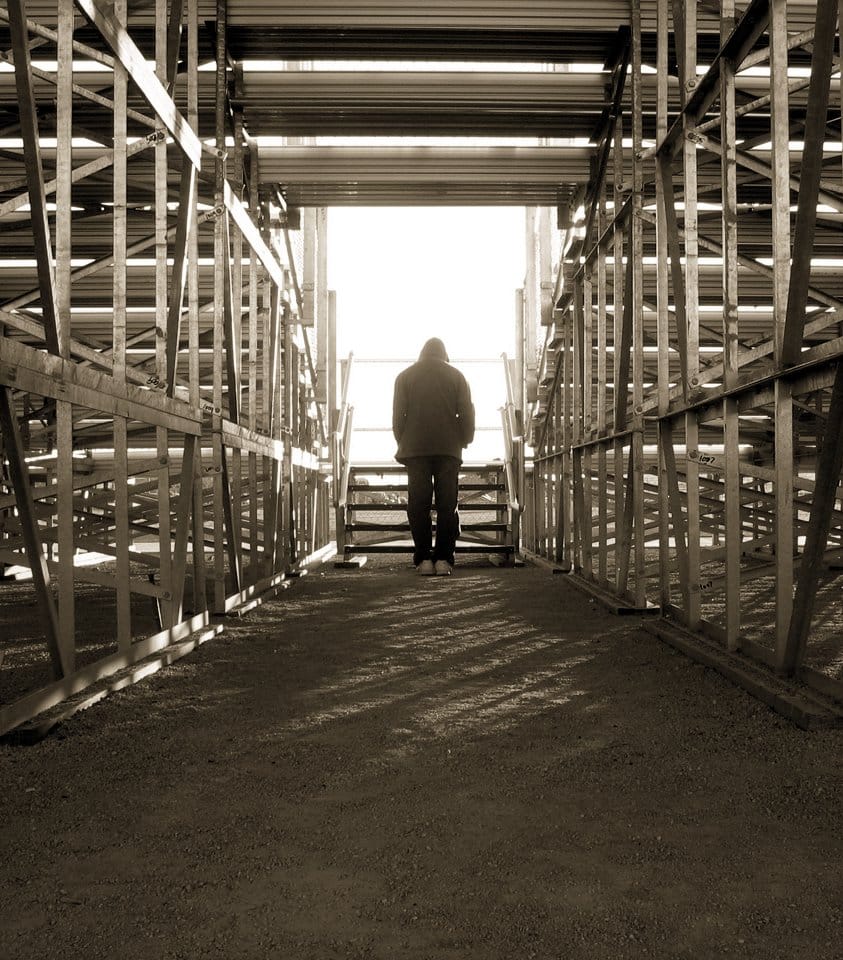
Inside the Mind of an Active Shooter
Megan Conley, Assistant Editor
Photo courtesy of freeimages.com
One. Boom. Two. Boom. Three. Boom. Three seconds, that’s all it took for the bullets to fire out of the gun. Three seconds and everyone started running. Three seconds and people’s lives were changed forever.
When the tragedy of a school shooting happens, people automatically begin asking questions about the shooter’s motives. Their pasts are dissected to determine what drove them to such drastic actions.
Outside forces such as gun control and medication begin to be discussed, but in his book “Why Kids Kill,” Peter Langman states that these problems do not appear in every incident.
Research shows that the shooters can be classified in one of three categories: psychopath, psychotic and traumatized. Each of these categories has specific character traits, but all three show signs of depression and suicidal tendencies.
According to Lorene Hutchinson, Assistant Professor of Psychology at North Greenville University, the individuals that carry out these plots possess certain characteristics.
“They may have a range in their psychoses but these are individuals who have severe depression, severe anxiety and severe narcissism. They’re going to be intelligent and capable of fooling a lot of people. They’re not all going to kill, but you have all these factors that when you add them up, it just perpetuates,” said Hutchinson.
Although these signs are common among active shooters, Hutchinson states that they are not always obvious to the people they interact with.
“Interestingly enough, a lot of people don’t know. A lot of these school shooters will keep a lot of this inside of them,” said Hutchinson.
In several of these cases, there have been people that try to stop the rampage. However, this attempt rarely works because of the shooter’s mindset.
“Before they even go into it, they’ve already made the decision to go in, so there’s no stopping them,” said Hutchinson.
There have been several instances where a shooter was deemed mentally unstable. In April 2007, Seung-Hui Cho, senior at Virginia Tech, killed 32 students and wounded 17 others. In December 2005, Cho was proclaimed mentally ill by a district court in Virginia, according to ABC.
In cases like this one, the shooter has been deemed ill months before the events take place. Hutchinson states that one of the best ways to help prevent these tragedies is to catch these tendencies with mental health care.
“The depression is the one key ingredient. We have to be better in our mental health field in treating that in adolescents and not just throwing medication at them, but providing support and counseling. We need to talk about it and reach out to people that are hurting and provide good support to those that are depressed,” said Hutchinson.

